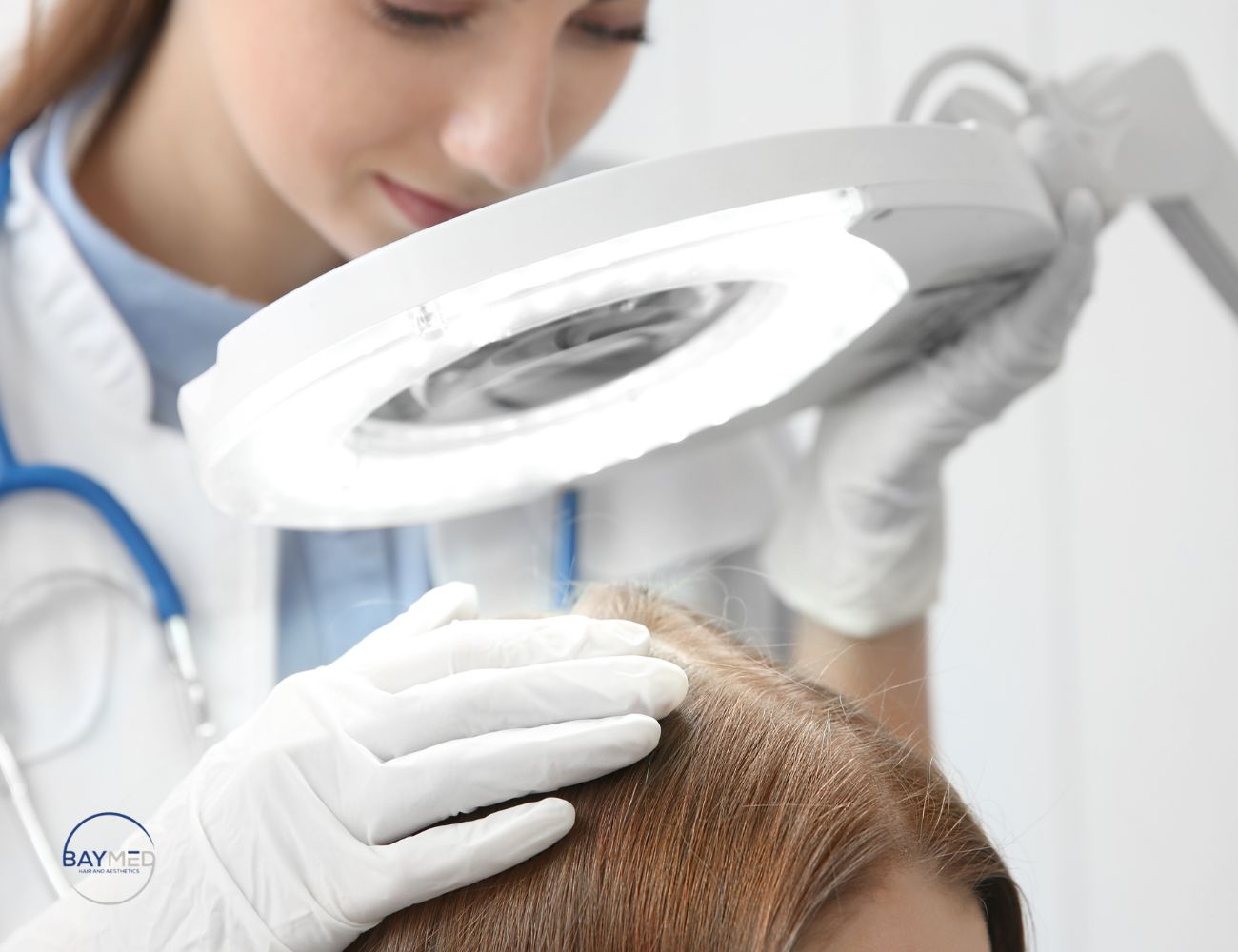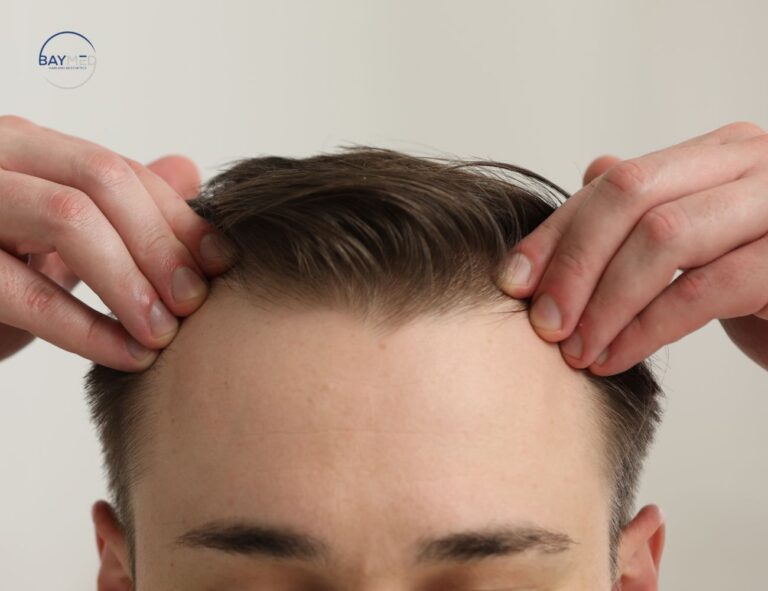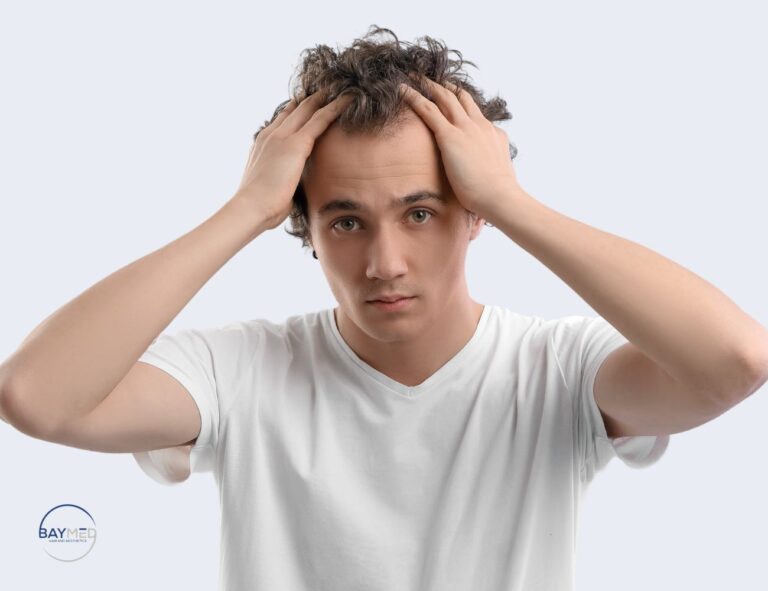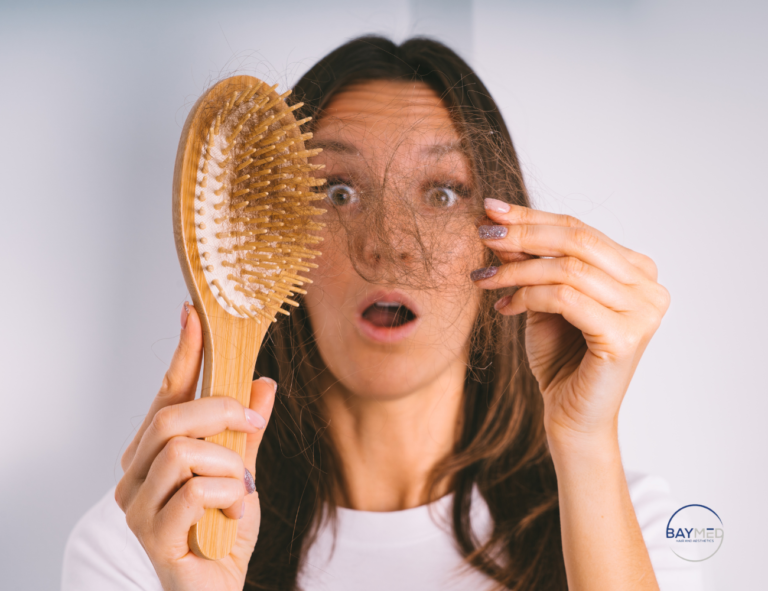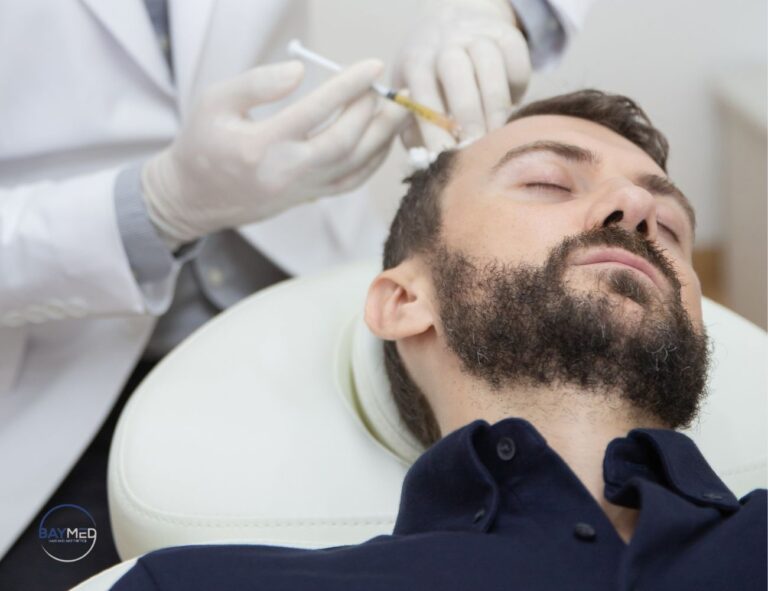When it comes to achieving luscious, long locks, many of us focus primarily on hair products, styling techniques, and even our diet. However, one crucial aspect often overlooked in the quest for beautiful hair is the health of our scalp. Just like a garden needs fertile soil to flourish, our hair requires a healthy scalp to grow strong and vibrant. In this blog post, we will explore the vital connection between scalp health and hair growth, uncovering the science behind it and offering practical tips to nurture your scalp from root to tip. Whether you’re dealing with hair thinning, breakage, or simply aiming to enhance your hair’s natural beauty, understanding and caring for your scalp is the first step toward achieving your hair goals. Let’s dive into how maintaining a healthy scalp can lead to the hair of your dreams.
Table of Contents
The Science Behind Scalp Health
The scalp is a complex structure composed of multiple layers, each playing a vital role in hair growth. The hair follicles, embedded within these layers, go through a continuous cycle of growth (anagen), rest (telogen), and shedding (catagen). A healthy scalp environment ensures that these follicles receive adequate nutrients, oxygen, and blood flow, which are essential for sustaining the hair growth cycle. Factors such as balanced sebum production, optimal pH levels, and a clean, well-moisturized scalp create a conducive environment for hair follicles to thrive, resulting in stronger, thicker, and more resilient hair growth.
Common Scalp Issues Affecting Hair Growth
Several common scalp issues can significantly impact hair growth by disrupting the healthy environment needed for hair follicles to thrive. Dandruff and dry scalp, often caused by a lack of moisture or an imbalance in scalp oils, lead to flaking, itching, and irritation, which can hinder hair growth. Scalp infections, such as fungal infections, introduce harmful microorganisms that can inflame and damage hair follicles, resulting in hair loss or stunted growth. Conditions like seborrheic dermatitis and psoriasis involve chronic inflammation and excessive scaling, creating a hostile environment for hair follicles and often leading to hair thinning or patchy hair loss. Addressing these issues through proper scalp care and medical treatment is essential to maintain optimal hair growth and overall scalp health.

Signs of an Unhealthy Scalp
- Itching, redness, and flakiness
- Excessive oiliness or dryness
- Hair thinning and breakage
- Bumps on the scalp
- Scalp tenderness or sensitivity to touch
- Slow hair growth or hair loss
How to Maintain a Healthy Scalp
Regular Cleansing: Cleanse your scalp regularly to remove dirt, oil, and product buildup. This prevents clogged pores and promotes a clean environment for hair follicles to thrive.
Gentle Exfoliation: Use a gentle scalp exfoliant or brush to remove dead skin cells and improve circulation. This helps prevent flakiness and stimulates blood flow, which can support hair growth.
Balanced Diet: Eat a balanced diet rich in vitamins and minerals, especially those essential for hair health like vitamins A, C, D, E, and B-complex vitamins. A healthy diet nourishes the scalp and supports strong hair growth.
Hydration: Drink plenty of water to keep your scalp and hair hydrated. Dehydration can lead to a dry scalp, which may cause itching and flaking.
Scalp Massages: Regular scalp massages with or without oils can improve blood circulation to the hair follicles, promoting healthier hair growth. Massaging also helps distribute natural oils and can relax the scalp.
Avoid Harsh Chemicals: Avoiding harsh chemicals in hair care products is essential for maintaining a healthy scalp. Ingredients like sulfates (e.g., SLS, ALS), parabens, formaldehyde releasers, phthalates, alcohols and artificial fragrances can strip the scalp of natural oils, cause irritation, and even disrupt hormonal balance. Choosing products labeled sulfate-free, paraben-free, and phthalate-free, and opting for natural or organic options, helps protect the scalp from these potential irritants and supports overall scalp health and hair growth.
Protective Hairstyles: Avoid tight hairstyles that pull on the scalp, as they can damage hair follicles and lead to hair loss. Opt for looser styles or protective hairstyles that minimize tension on the scalp.
Sun Protection: Protect your scalp from sun damage by wearing a hat or using a sunscreen specifically designed for the scalp. Sunburn on the scalp can lead to dryness and irritation.
Regular Trims: Regularly trimming your hair removes split ends and prevents damage from traveling up the hair shaft to the scalp.
Natural Remedies and Treatments for Scalp Health
When it comes to natural remedies and treatments for scalp health, essential oils offer potent benefits such as tea tree oil for its antimicrobial properties, promoting a clean scalp, and peppermint oil for its cooling sensation and potential to improve circulation. DIY scalp treatments and masks, often incorporating ingredients like aloe vera or coconut oil, can nourish the scalp, hydrate hair follicles, and soothe irritation. Over-the-counter treatments and medicated shampoos, containing ingredients like ketoconazole or coal tar, target specific scalp conditions such as dandruff or psoriasis, providing effective relief and promoting scalp health for those struggling from these conditions.
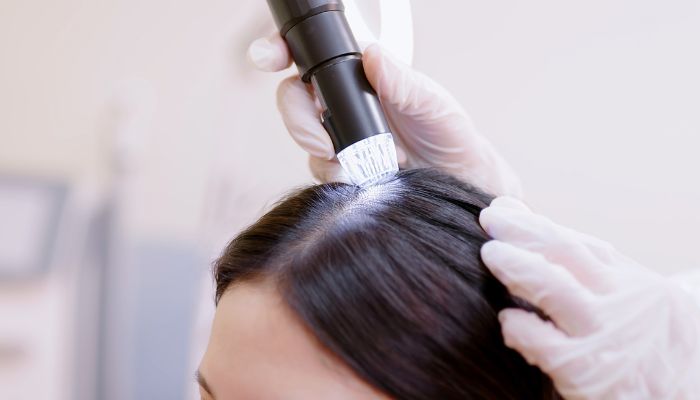
When to See a Dermatologist
If you notice signs like persistent itching, redness, flakiness, excessive oiliness, hair thinning, or unusual hair loss, it’s crucial to consider consulting a dermatologist. These symptoms could indicate underlying scalp conditions such as dandruff, psoriasis, fungal infections, or even alopecia. A dermatologist can provide an accurate diagnosis, recommend targeted treatments, and offer personalized advice on scalp care. Early intervention not only helps alleviate discomfort but also prevents potential long-term damage to hair follicles, promoting healthier scalp and hair growth overall. Booking a dermatologist appointment ensures you receive proper care tailored to your scalp’s specific needs, fostering optimal scalp health and maintaining hair vitality.
Summary
In our journey from root to tip, we’ve uncovered the pivotal role that scalp health plays in achieving vibrant, luscious hair. Beyond mere aesthetics, a healthy scalp forms the foundation for robust hair growth and overall hair health. By understanding the science behind scalp conditions, recognizing signs of an unhealthy scalp, and adopting effective scalp care practices—such as regular cleansing, nourishing treatments, and seeking professional guidance when needed—we empower ourselves to nurture our hair from its very roots. Whether combating dandruff, soothing irritation, or promoting circulation, each step toward scalp health contributes to stronger, more resilient hair strands and a confident, beautiful you. Remember, investing in scalp health isn’t just about appearances; it’s about cultivating a healthier relationship between you and your hair, ensuring it thrives from root to tip.

